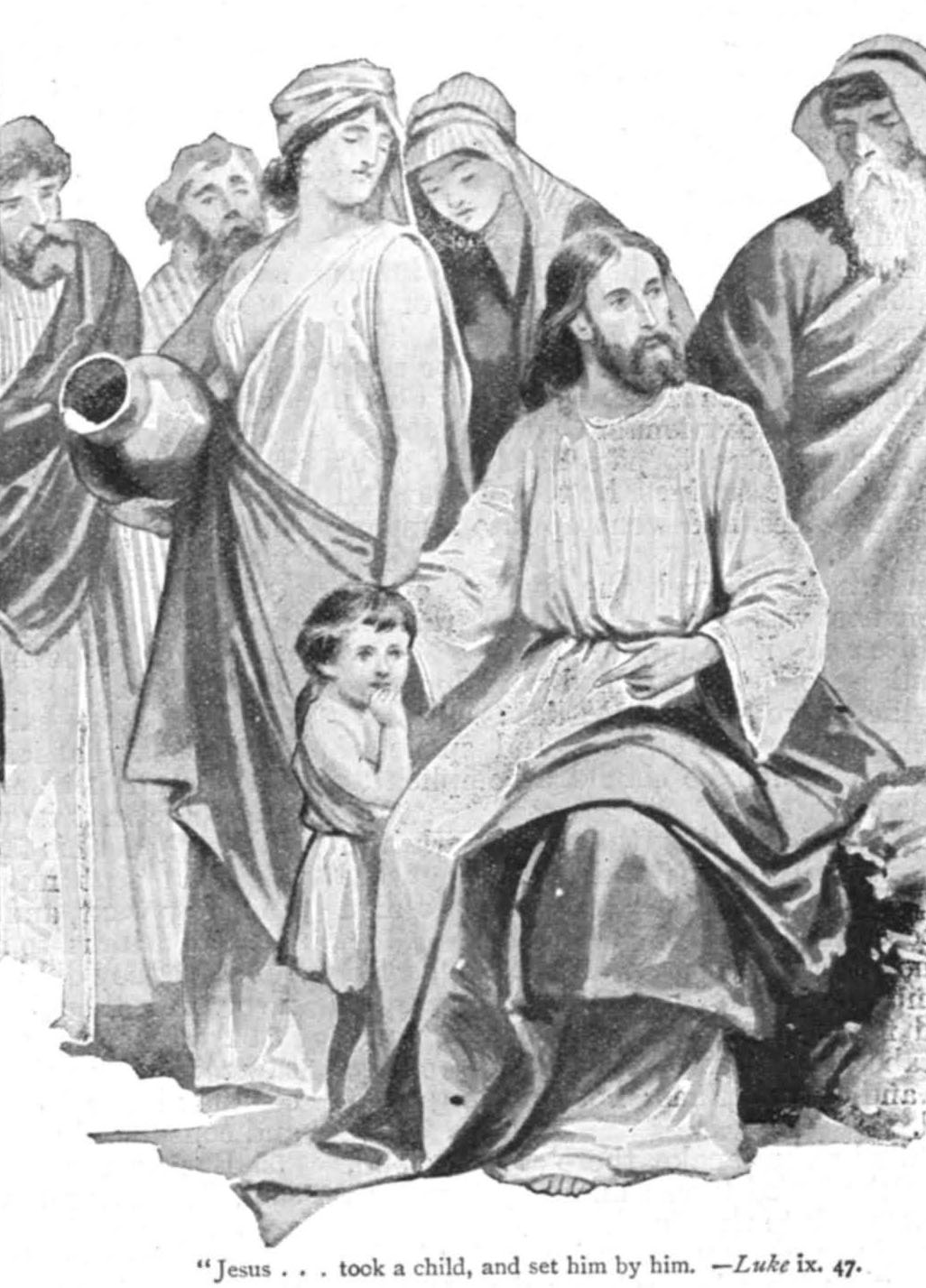Acknowledgment, Forgiveness and Reconciliation
1 Μαρτίου 2010
Acknowledgment of one’s guilt, forgiveness of one’s sins, and reconciliation with God Almighty are the components of the human experience in the Church’s sacrament of confession. In order to experience forgiveness and reconciliation we first have to be able to acknowledge that we are guilty of something. It is a sense of acknowledging responsibility, or even more simply, we need a sense of sin before we can experience forgiveness. To put it positively we need, “a sense of responsibility.”
As Greek Orthodox, it is important to realize that a sense of responsibility and a sense of religion are not separate. The whole of human life was included in the humanity and godliness of Jesus Christ. All human growth is likewise Christian and religious. What we do in our specific religious actions is make the religious dimension of our whole human reality explicit. Young people who are growing in self-control and in respect for others, who feel some responsibility and sense of sin for not living up to all they ought to be, are young people who are becoming more and more what God wants them to be. This kind of growth is very implicit in Orthodox teaching of the Fathers. This growth is Christian growth. Acknowledgment, forgiveness and reconciliation are Christian events even when we don’t explicitly think about it.
It must be pointed out here that it is not always a good idea to be too explicit about religious motivation in nurturing the moral sense of young people – especially when it comes to punishment and threat. Parents should never give children the idea that God is some big policeman in the sky: “God will punish you if you do that.” Just as it is important for children to learn their own goodness, it is also important for them to know God as love and goodness. This is the most fundamental lesson children must Iearn.
After the child has learned this lesson, the role of God as judge and critic can be better understood. This is the meaning when the priest calIs out to the congregation, “In fear of God, those with faith and love come forth” to receive Holy Communion, as we profess in the Divine Liturgy every Sunday. For even as judge and critic, God’s basic judgment is “You are forgiven” and God’s forgiveness is effective in us to the extent that we really accept it. St. Paul said, “all who have sinned are deprived of the glory of God, all are now undeserveably justified by the gift of God, through the redemption wrought in Christ Jesus,” (Romans 3: 23-24).
Another problem is that we usually think of forgiveness as something that is God’s job not ours; and of course it is God who forgives us through the priest in the sacrament of Confession. The problem in forgiveness, though, is not on God’s side but on ours. We often have a very hard time believing that we are really forgiven. Even when the priest puts his stole on our heads and reads the prayer of absolution. The good news seems to be too good to believe. Being able to accept forgiveness is also a gift. It has been my experience that both young people and adults can more readily realize that they are sinners, but have a hard time believing that they are really forgiven. Just as young people need a good self-image before they can face their inadequacies, so, too, they need the confidence that they are loved, to be able to accept forgiveness. The sacrament of Confession is a solemn celebration by the Church of something that happens all the time in our lives. It is accentuated in the ritual, face to face with the priest. People can recognize a need for forgiveness and the need to experience this forgiveness in a visible way.
to be continued…




